How a prophecy can help us better understand Islamic State
William McCants on the apocalyptic End Times prophecies that drive Islamic State, why it’s so dangerous—and why it is so difficult to defeat
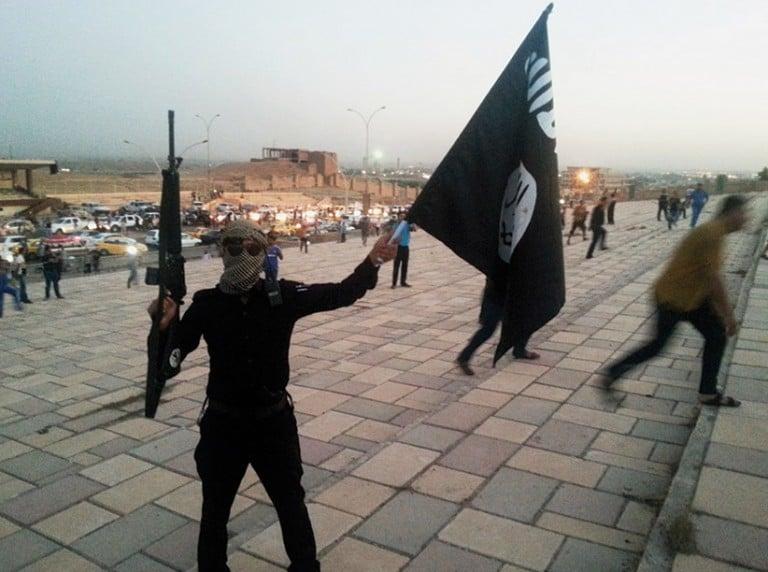
A fighter of the Islamic State of Iraq and the Levant (ISIL) holds an ISIL flag and a weapon on a street in the city of Mosul in June. (Reuters)
Share
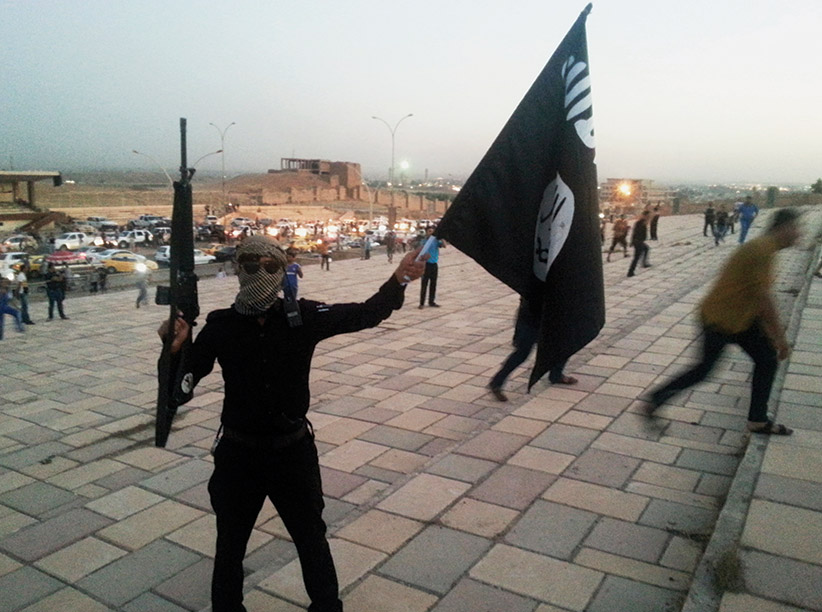
William McCants is a fellow in the Brookings Institution’s Center for Middle East Policy and a veteran scholar of Sunni jihadist groups. He has served in the U.S. State Department as a senior advisor for countering violent extremism and is the author of the recently published ISIS Apocalypse: The History, Strategy, and Doomsday Vision of The Islamic State.
Q: Is the so-called Islamic State in fact a state?
A: Yeah, I would say so. It raises revenues from taxes. It monopolizes violence in the territory it controls. It provides public services. Something on the order of two to five million people live under its rule. I think by any measure it is a state, albeit a weak state. It is certainly more than an insurgent organization and vastly more than a terrorist group.
Q: Is it Islamic?
A: Well, they are certainly a Wahhabi state. They practice the kind of Islam that is found in Saudi Arabia. As to whether they are Islamic, that’s a question that’s best left to Muslims to answer. I would say as an outsider that it’s very clear the organization quotes from Islamic scripture to justify its political program. So it that sense, you could say they are Islamic. But they also ignore many parts of Islamic scripture that cut against their program, or explain it away. So in that sense, you could say they are un-Islamic. Ultimately, whether they are in the community of believers is for the believers themselves to decide.
Q: Why was it so important for Islamic State to declare itself as such?
A: Its religious vision is the return of the early Islamic empire, called the caliphate. And its belief is that the world is lost without this institution, because it needs to be in place in order to guide the Muslim community. They also see it as a fulfillment of prophecy. They believe that the caliphate will return before the End of Time and it will be ruled by five just caliphates before the world ends. The Islamic State sees the reestablishment of the caliphate as the beginning of the final countdown to the Day of Judgment. They have styled themselves as the fulfillment of that prophecy.
Q: How did Islamic State’s ideas about a new caliphate differ from those of its parent organization, and now rival, al-Qaeda?
A: All Sunni jihadist organizations are fighting for the return of the caliphate. They just differ over the timing. Most jihadist organizations believe that the caliphate is the last political institution that will appear. The Islamic State argues that you put the caliphate in place first, and then you go about conquering the rest of the Muslim majority countries, and finally the world.
Al-Qaeda argued that the jihadists weren’t ready to run the caliphate. They didn’t have the necessary skill or strength to establish one. They also worried that the United States and other powerful regional actors would move to crush it. So they argued that the jihadists had to get stronger and had to win over broad popular support for reestablishing the caliphate. And that’s another thesis that the Islamic State deeply disagreed with. Its argument was that you don’t need broad popular support for establishing the caliphate. You go ahead and build it, and then you go about winning popular support. Or, if it’s not forthcoming, you impose your will anyway.
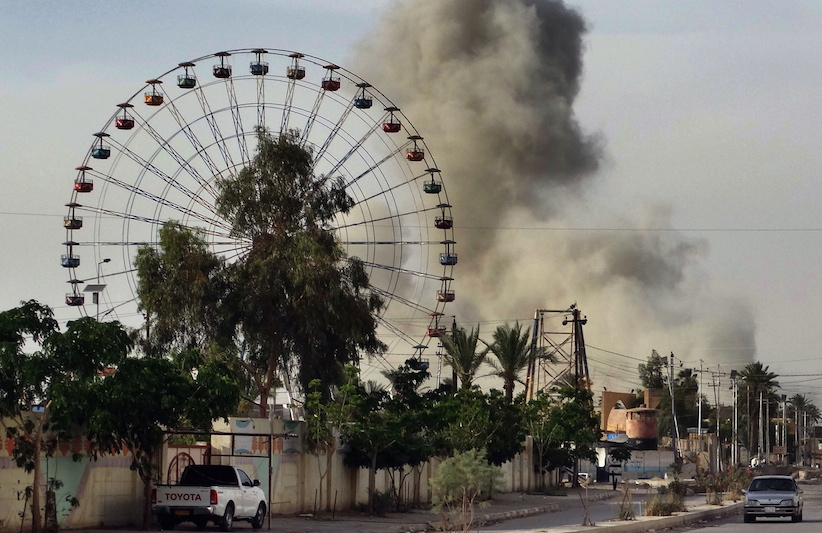
Q: How does Islamic State’s current conflict with the West fit with the End Times narrative it espouses?
A: There’s a prophecy that says there’s a tiny village north of Aleppo in Syria where there will be an apocalyptic showdown between the armies of the Muslims and the armies of the infidels. So the Islamic State went out of its way to capture this tiny village [Dabiq]. Whether they captured the village in hopes that there would be an apocalyptic showdown there or whether they just wanted to use it as a recruitment tool is difficult to say from the outside. It’s tough to discern the Islamic State’s strategy based on prophesies alone, because the same prophesies also predict other kinds of events. For example, the same group of prophecies predicts there will be a truce between Rome—or the West, in jihadist parlance—and the Muslims. They pick and choose depending on the political circumstances.
Q: Does the importance they place on this prophesied apocalyptic showdown mean they want Western armies to attack them?
A: I think the right way to understand it is that they have their strategy, which is difficult to discern from the outside. But if that strategy results in an apocalyptic showdown, so be it, because prophecy required it. If it results in the West coming to terms with the Islamic State, so be it, because prophecy required it. Either way, things are gong to turn out as predicted in prophecy.
Q: What sort of legitimacy does Islamic State seek in Islamic history?
A: The greatest caliphate that ever ruled the world was established in the 8th century A.D. Islamic State deeply admires one of the rulers of this empire, a man by the name of Harun al-Rashid, who is famous in Arab folklore but also in Western folklore because he’s a central figure in 1001 Nights. But Harun governed in ways and did things that are anathema to Islamic State. He drank wine. He may have had male lovers. He allowed musical instruments in his court. He made truces with the Christian empires of the day.
They have to be aware of his behaviour and his brand of Islam that was so much against theirs. But they pick and choose from history is the same way that they pick and choose from Islamic scripture.
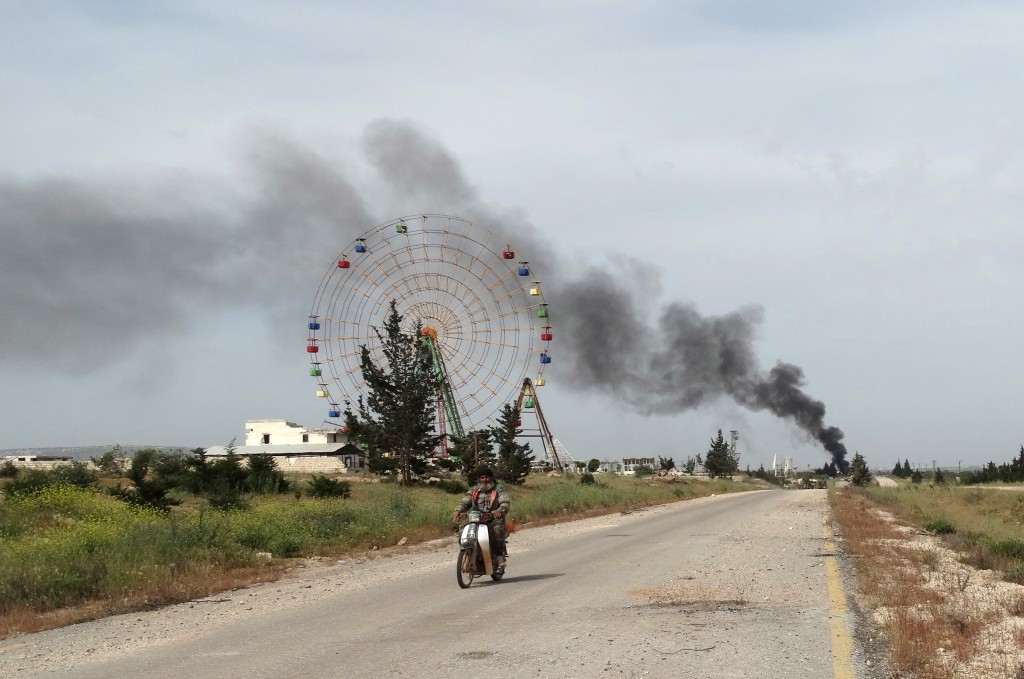
Q: What draws Islamic State’s recruits?
A: The locals, some of them just want to draw a pay cheque. They live in a war zone. There are not many jobs. Others feel compelled. The foreigners are more ideologically motivated. That’s not to say the foreigners are well versed in scripture. It’s just to say that their imaginations are fired by the project that the Islamic State is engaged in, which is the return of the caliphate.
Q: How much of the appeal is the violence and gore?
A: The violence is off-putting to most people, Muslim and non-Muslim. But it does have the benefit in Islamic State’s perception of attracting people who are in to that kind of violence. The Islamic State is waging a brutal insurgency. So burning the pilot alive or decapitating people—they want young men and women who are excited about these acts of violence to come and join their enterprise.
Q: How much of a boost did the apocalyptic narrative on which Islamic State feeds get from the 2003 U.S.-led invasion of Iraq?
A: It was the U.S. invasion the really spurred interest among general Sunnis in the End Times, because they could see there was a cataclysm in the region where prophecy said there would be a cataclysm. I don’t think it’s any accident that the group that has been the most apocalyptic in its thinking, Islamic State, was born out of that conflict.
Q: So how much blame does George W. Bush deserve for Islamic State’s rise?
A: I think he deserves much of the blame. He made the decision to invade Iraq in the first instance, but he also made the fateful decision to disband Saddam Hussein’s military and intelligence apparatus. And a number of those men ended up joining Islamic State. So I think Bush shoulders much of the blame for the creation of Islamic State because he created the circumstances in which it could thrive.
Q: And yet Islamic State was almost defeated in 2010 and then came back. How did that happen?
A: It was almost defeated because the United States had a major military presence on the ground. America worked with local Sunnis who were angry at the Islamic State and managed to destroy their insurgency and push it back under ground to become a terrorist organization. When the United States withdrew its troops from Iraq, that gave Islamic State more room to maneuver. And then the civil war in Syria gave them even more freedom of action. They benefited from the inattention of the Syrian government.
Q: Was Syrian dictator Bashar al-Assad actively complicit in the growth of Islamic State?
A: Yeah. He allowed jihadists to leave his jails in an effort to radicalize the revolution against him so he could present himself as a counter-terrorist. He also did not go after the Islamic State, hammer-and-tongs. That wasn’t necessarily because he had an alliance with them. I don’t think he did. It was merely because he had higher priorities—in other words, destroying the rebels that were coming after him in Damascus, rather than this group of people building a state in a piece of territory that wasn’t essential for the survival of Assad’s own state.
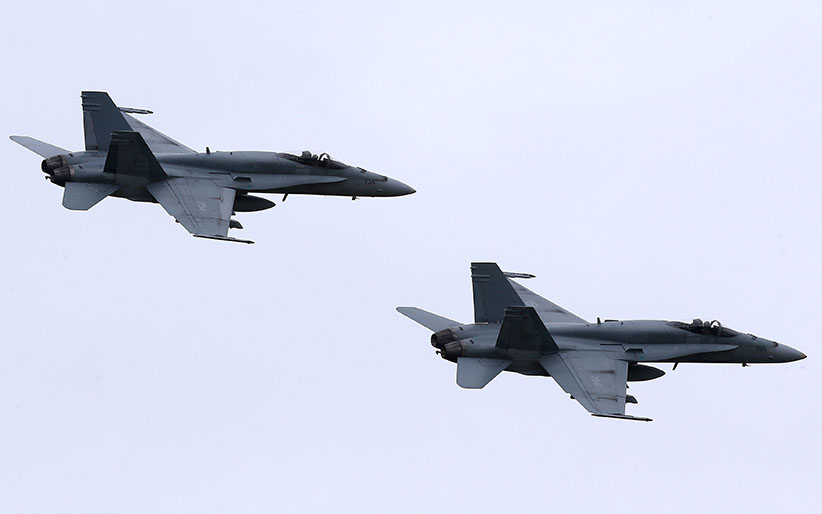
Q: How much of a threat does Islamic State pose to the region and to the West?
A: It poses the least threat to the U.S. homeland and to North America in general. We are lucky to have an ocean between us and this conflict. The Europeans have a far greater challenge, as we saw with the recent Paris attacks. The greatest threat that the Islamic State poses is to the Middle East and North Africa itself. It’s waging insurgencies in many countries. It has a war chest estimated to be in the two billion dollar range. It can do an awful lot of damage. And for a region that is in political meltdown, it can exacerbate many of the conflicts in the region and prolong their duration and poison their politics.
Q: Should the West be confronting it militarily?
A: Yes, because the inattention of the West is one of the major reasons why the organization was able to flourish and grow. The challenge, though, is that many of our regional allies are preoccupied with other things. And in reality, you would want them to take the lead in going after Islamic State.
Turkey is more worried about the Kurds establishing a state than it is about the Islamic State. Saudi Arabia is more worried about Iran than it is worried about the destruction of the Islamic State. Perhaps Jordan alone shares the West’s concern about the Islamic State and places its destruction as a top priority, but its resources are limited.
Given those constraints, I think the current strategy [or air strikes, training and the limited use of special forces] against the Islamic State in Syria and Iraq is probably the best strategy.
Q: But the current strategy has been in effect for more than a year. Raqqa is still in Islamic State’s hands. Mosul is still in Islamic State’s hands.
A: This is one of those glass half full, half empty situations. The Islamic State has lost 25 per cent of its territory. Tens of thousands of its fighters have been killed. So there has been progress. The challenge is there is no capable partner to work with on the ground.
Q: What about deploying Western ground troops?
A: The downside of doing that is that it lets those local government off the hook from making the tough political deals they are going to have to make in order to sap the life out of the Islamic State’s support. Because if there is a large contingent of Western troops there, the local governments in Syria and Iraq would just free ride and not make the tough political decisions that they’re gong to have to make to end this conflict.
Q: You were in Ottawa in December and met with CSIS, Canada’s spy agency, and the Department of Global Affairs. What advice did you give them?
A: Islamic State is different in many ways from al-Qaeda in the way it recruits. It’s not trying to win over broad Muslim support. If anything, it’s trying to polarize Muslim opinion and recruit from that small minority that is attracted to Islamic State’s message. Much of my advice was to ditch any messaging campaigns that try to portray the Islamic State as too brutal, because the Islamic State is happy to be known as too brutal, and in many ways if we send those messages, we’re doing the recruitment work for them.
I think it’s best instead to release information that would be embarrassing to the Islamic State. If defectors are talking about how terrible it is in the Islamic State, that information should be made available. If governments are able to take satellite pictures of electricity usage in Islamic State that shows how poorly they’re governing, that they’re not able to keep the lights on, that’s also information that should be made available.
Many Islamic State supporters stop going to their local mosque at some point because they consider it too moderate for the fiery brand of Islam they have embraced. The only place you can see their activity is online. I think anybody in the West who is openly celebrating jihadist propaganda is a person of concern and should be watched—and, I hope, intervened with as well. I would like to see greater effort in trying to turn them around. Many of them are citizens of Western countries, and we want them to be productive citizens. So I think greater investment in intervention programs would be a good thing to do.